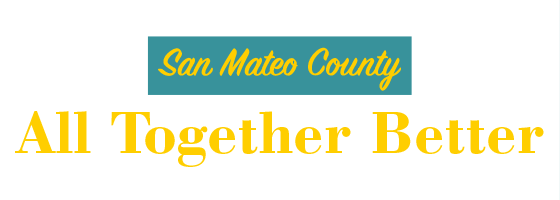Promising Practices
The Promising Practices database informs professionals and community members about documented approaches to improving community health and quality of life.
The ultimate goal is to support the systematic adoption, implementation, and evaluation of successful programs, practices, and policy changes. The database provides carefully reviewed, documented, and ranked practices that range from good ideas to evidence-based practices.
Learn more about the ranking methodology.
Filed under Evidence-Based Practice, Health / Maternal, Fetal & Infant Health
Impact: The Community Preventive Services Task Force (CPSTF) recommends exercise programs for pregnant women to reduce the development of gestational hypertension.
Filed under Evidence-Based Practice, Education / School Environment, Children
Goal: The goals of this program are:
- Detect school adjustment difficulties
- Prevent social and emotional problems
- Enhance learning skills
Impact: One study demonstrated that participants made significant improvements in task orientation, specifically in working more independently and completing tasks faster. In behavior control, program students showed increased coping skills and lower levels of aggressiveness and produced fewer disruptions. In assertiveness, students had improved participation in activities, were better at expressing ideas, and showed increased leadership and decreased shyness. Improvements in peer sociability included increases in the quality of peer relationships and improved social skills. Several other evaluations of the Primary Project present evidence of improved school adjustment and decreases in problem behaviors for participants.
Filed under Evidence-Based Practice, Health / Older Adults, Older Adults
Goal: The goal of the PEARLS program is to provide home-based counseling in order to manage and treat depression among older adults.
Filed under Evidence-Based Practice, Health / Diabetes, Racial/Ethnic Minorities
Goal: Programa de Manejo Personal de la Diabetes is a group workshop that educates Latino individuals with type 2 diabetes on techniques to help them manage their disease and live more active lives.
Filed under Good Idea, Health / Physical Activity, Families, Racial/Ethnic Minorities, Urban
Goal: The goal of Project CAFE is to identify ways to increase access and availability of healthy foods in Los Angeles neighborhoods in order to decrease obesity and diabetes.
Filed under Effective Practice, Education, Adults, Urban
Goal: Project QUEST strengthens the economy and transforms lives by preparing individuals for in-demand, living wage careers.
Filed under Evidence-Based Practice, Health / Physical Activity, Adults
Goal: The PHLAME Study had four primary goals: (1) Increase physical activity to 30 minutes each day; (2) Reduce percent calories from fat to less than 30%; (3) Increase servings of fruits and vegetables to at least 5 per day; and (4) Improve energy balance and normalize body fat.
Filed under Evidence-Based Practice, Health / Adolescent Health, Teens
Goal: PATCH envisions a supportive environment in which all adolescents are able to reach optimal health, safety, and economic security.
MISSION: To improve adolescent health and well being by engaging, educating, and empowering youth and adults as trusted partners in care.
Impact: Health care providers and teens who participate in the PATCH program show significant improvements in knowledge, self-efficacy, and behavioral intentions to seek and provide quality sexual health care.
Filed under Evidence-Based Practice, Education / Student Performance K-12, Children, Teens, Families
Goal: The Raising Healthy Children program is a social development approach to positive youth development.
Filed under Evidence-Based Practice, Education / Literacy, Children, Adults, Families
Goal: The mission of Reach Out and Read is to help prepare young children to succeed in school, by partnering with physicians to encouraging parents and children to read aloud together.
Impact: Reach Out and Read improves children's language development by 3-6 months and improves language ability with increased exposure to the program.

